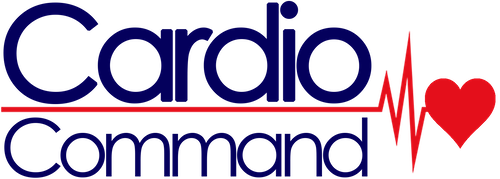Long-term follow-up of patients with inducible supraventricular tachycardia treated with flecainide or propafenone: therapy guided by transesophageal electropharmacologic testing.
Furlanello F, Guarnerio M, Inama G, Vergara G, Del Greco M, Bertoldi A, Dallago M. Divisione di Cardiologia e Centro Aritmologico, Ospedale S. Chiara, Trento, Italy. Am J Cardiol 1992 Aug 20;70(5):19A-25A. We report our experience with flecainide and propafenone therapy for inducible supraventricular tachycardias and paroxysmal supraventricular tachycardias due to atrioventricular (AV) nodal reentry or the Wolff-Parkinson-White syndrome. We performed an electropharmacologic test (ET) that consisted of first inducing a clinical arrhythmia by transesophageal atrial pacing (TAP) protocol. This was followed by intravenous drug administration and TAP reevaluation, either after acute intravenous administration or in oral steady-state. We used ET with flecainide and/or propafenone to study 2 groups of patients at least 3 years before the long-term clinical observation period. The first group was comprised of 58 patients with reciprocating tachycardias--due to AV node reentry in 17 (29.3%) and anomalous pathway in 41 (70.7%). Twelve (29.3%) of the latter had reciprocating tachycardias, 15 (36.6%) had atrial fibrillation, and 14 (34.2%) had both arrhythmias. During ET, flecainide was administered to 42 patients, and the ET was considered positive in 28 (66.7%). Propafenone was administered to 32 patients, with positive results in 15 (46.9%). In 15 patients, both flecainide and propafenone were tested, 8 receiving flecainide after a negative ET with propafenone, and 7 receiving propafenone after a negative ET with flecainide. In the first group, the ET was positive in 7 (87.5%), and in the second group, it was positive in 3 (42.9%). In a follow-up of 40.1 +/- 11 months, 38 (65.5%) patients had positive outcomes, 5 (8.6%) had to stop receiving the drugs because of side effects, 3 (5.2%) stopped because of inefficacy, and 12 (20.7%) dropped out.
